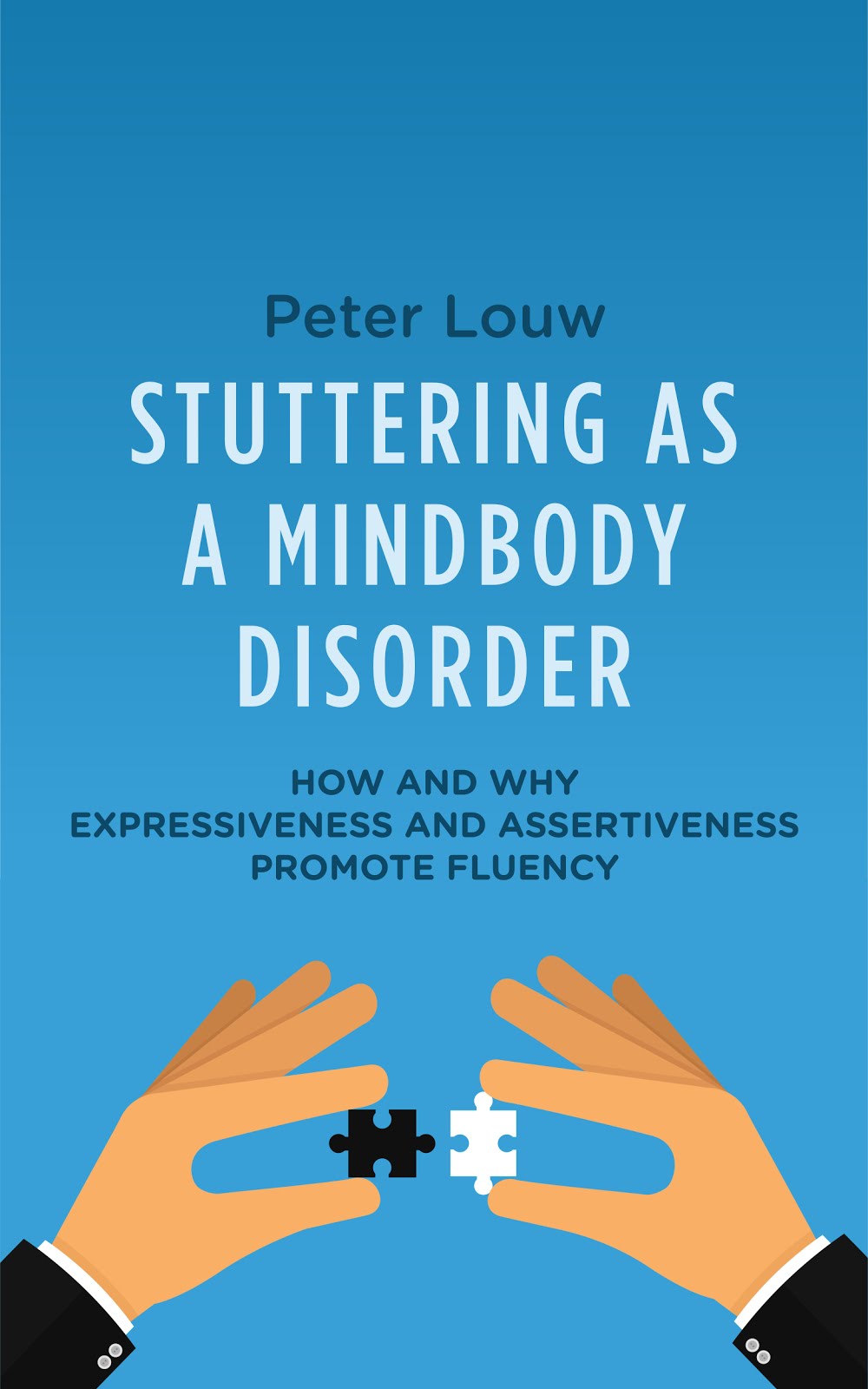If you as
an adult or teen are considering speech therapy, the following tips may assist
you:
1. There can be no doubt that some people find stuttering
therapy useful, either in the form of counselling, learning speech techniques, doing
exercises provided by the therapist etc. Conversely, others complain that they
have not been helped adequately. Often they say that they quickly achieve relative
fluency when in the speech clinic, but are unable to maintain this fluency
outside of the clinic.
2. Therapy can be either one-to-one sessions
with a therapist or group therapy, often in the form of a workshop or intensive
course. While one-to-one sessions can be useful for clients who are hesitant to
speak in a group setting, group therapy has the benefit of meeting other people
who stutter, so providing opportunities for sharing problems and helpful experiences.
3. Much
will depend on your expectations of therapy. Chronic stuttering is difficult to
cure 100%. A more realistic expectation would be to aim at improved management
of the disorder. Work toward clearly defined, practical goals such as speaking
on the telephone, or making presentations before an audience, rather than a
vague ideal of better speech.
4. Find a
therapist who specialises in stuttering and has the professional qualification
to back it up. Speech therapy encompasses many speech disorders, and stuttering
is only one of them. These days, the field has broadened to such an extent that,
in some countries such as the US, a student therapist can qualify as a speech
pathologist / therapist without actually having followed a course in
stuttering.
5. Much will depend on the therapist and her knowledge
and skills, as well as her view of stuttering. As in all professions, some
professionals are better than others. Some will specialise in one particular
approach or technique; others will be flexible in applying a treatment type
according to the needs of the client. If you find that you are not making
progress with a particular therapist, or a particular type of treatment, you
should discuss this with her so that another treatment may be tried; or it may
even be necessary to find another therapist.
6. Try to improve your own knowledge on
stuttering, as a preparation for therapy. Join a few Facebook groups for people
who stutter; read some of the free online books on stuttering HERE. Stuttering is to a large extent stress-related, so improve your knowledge of
stress and how it can affect stuttering. Eg. the improvement often resulting
from therapy within the clinic may be the result of reduced stress levels as
you become comfortable with the therapist; outside of the clinic, however, all
the usual stressors in your life may still be present, thereby impacting on
fluency.
7. If you are considering following an
intensive group course from an organisation treating people who stutter, make
sure that it is not a bogus money-making scheme – ask around on the internet.
Ascertain if they offer long-term follow-up support and refresher events; don't
trust them if they offer a quick cure. Ask if the first day of the course is
free or if the fee is returnable should you decide midway that the course is
not for you.
8. Last but not least: Speech therapy seems to
work best where there is a shared responsibility between client and therapist. Stuttering
therapy is actually for 99% self-therapy; the therapist can only advise and
guide, but it's the client who has the problem and who needs to do the real
work. In other words: Become your own "therapist"! Wishing you all
the best in your journey.







No comments:
Post a Comment